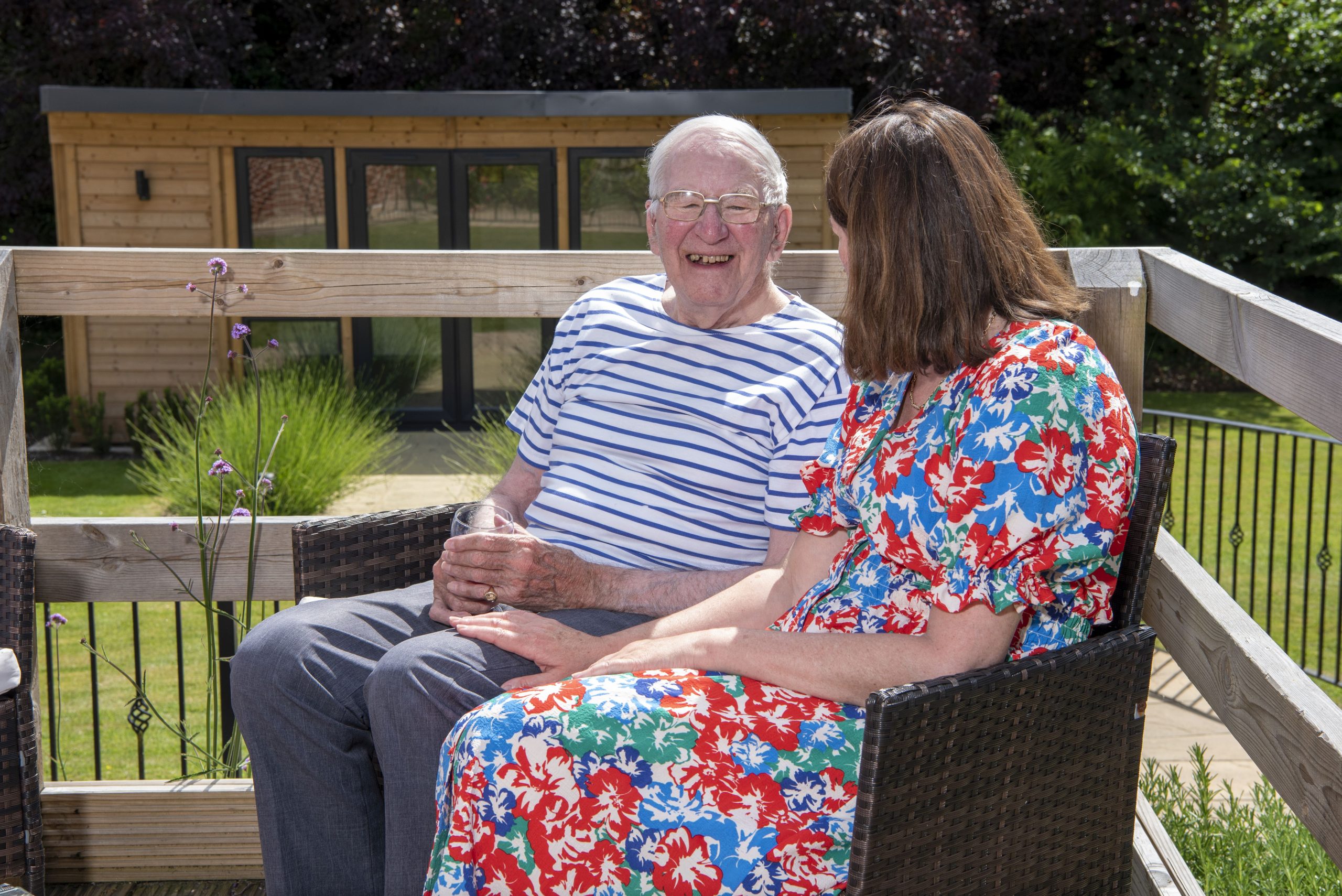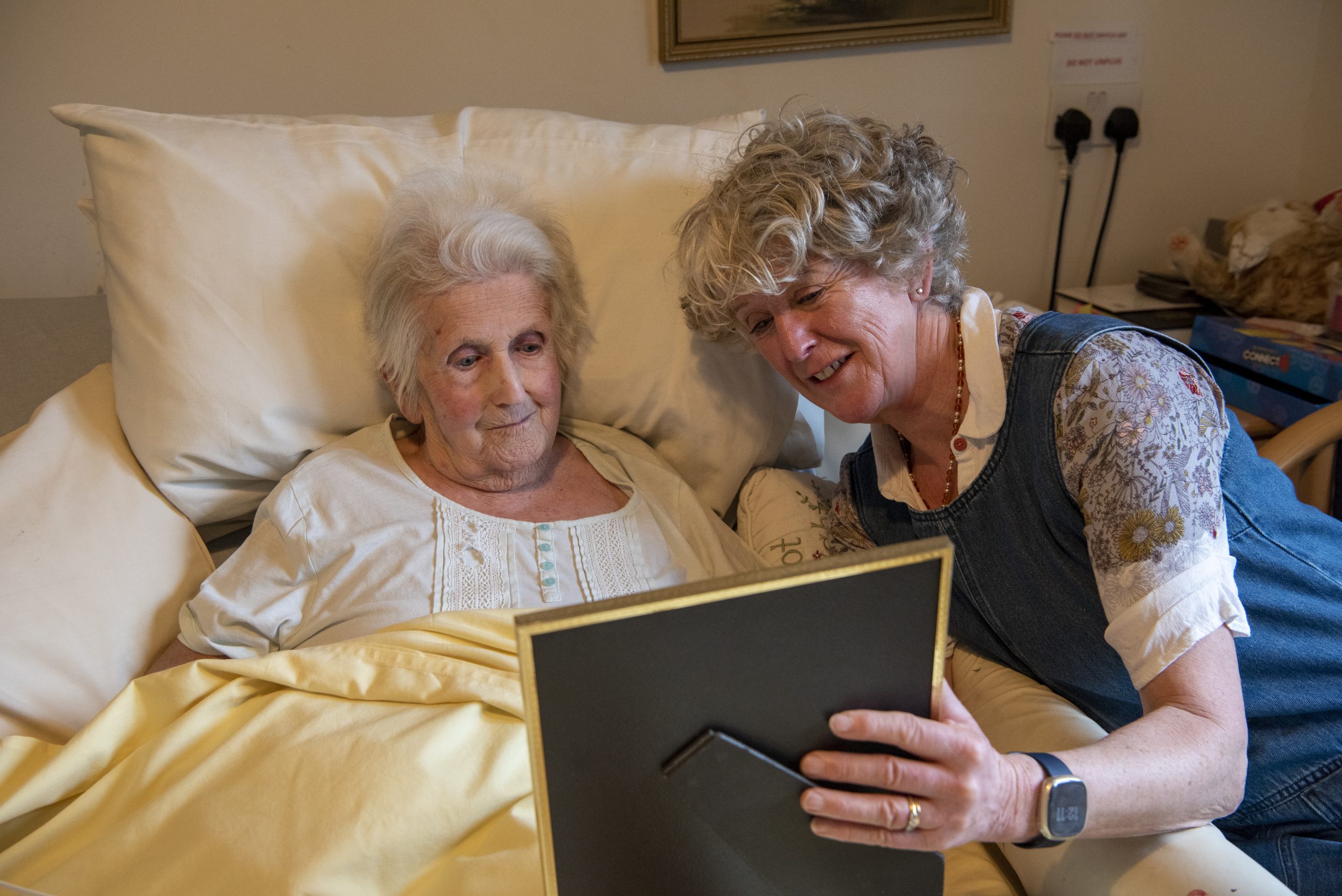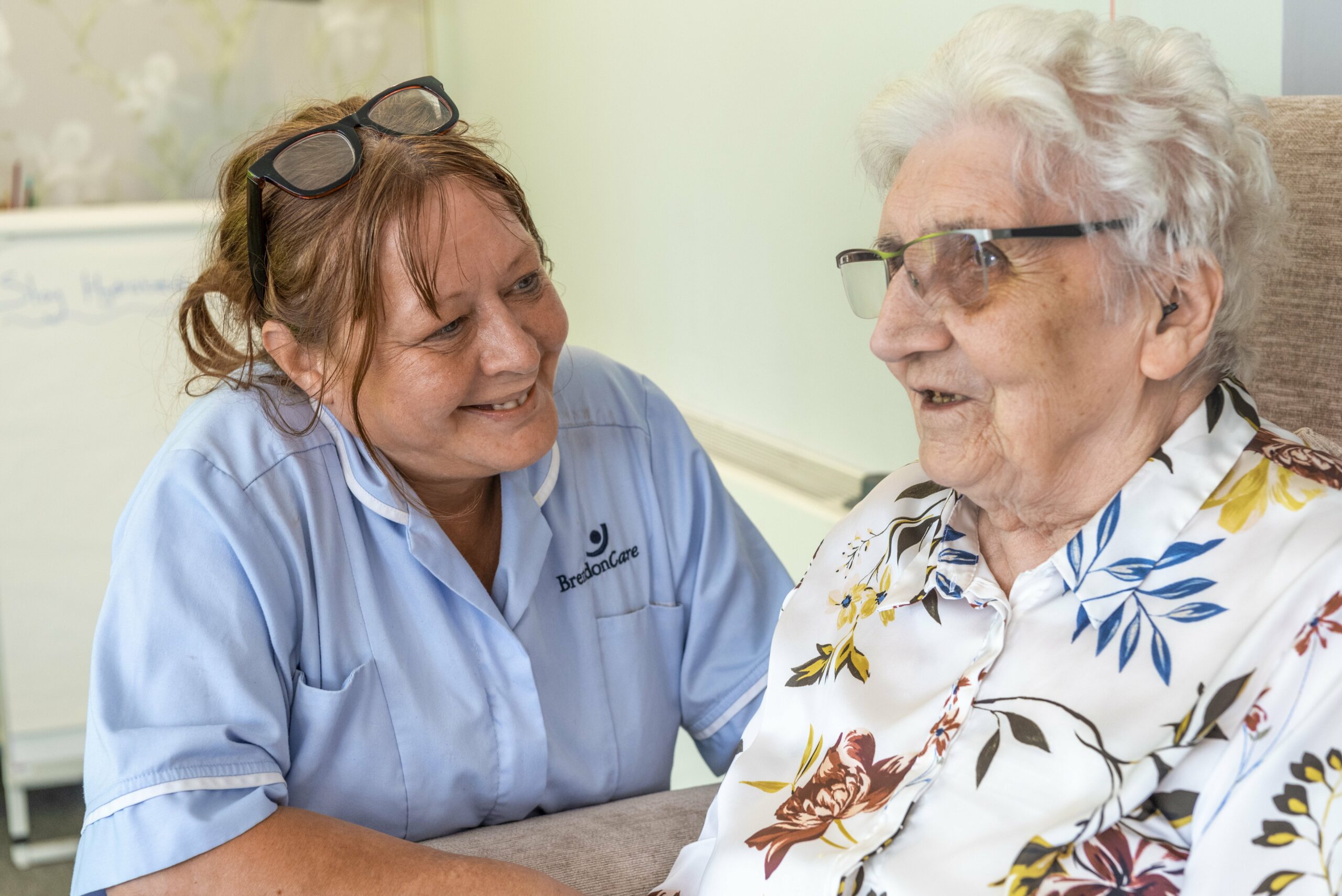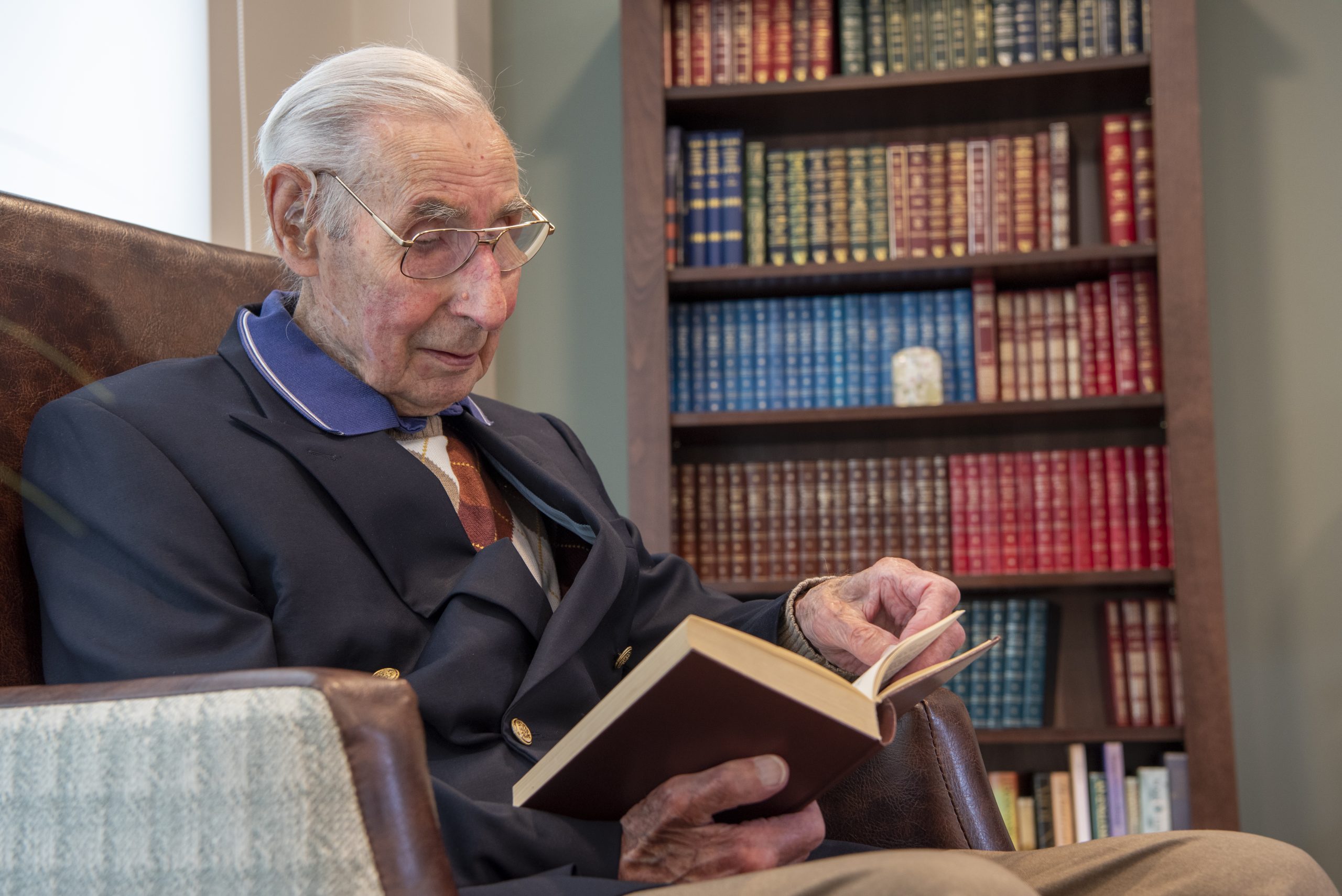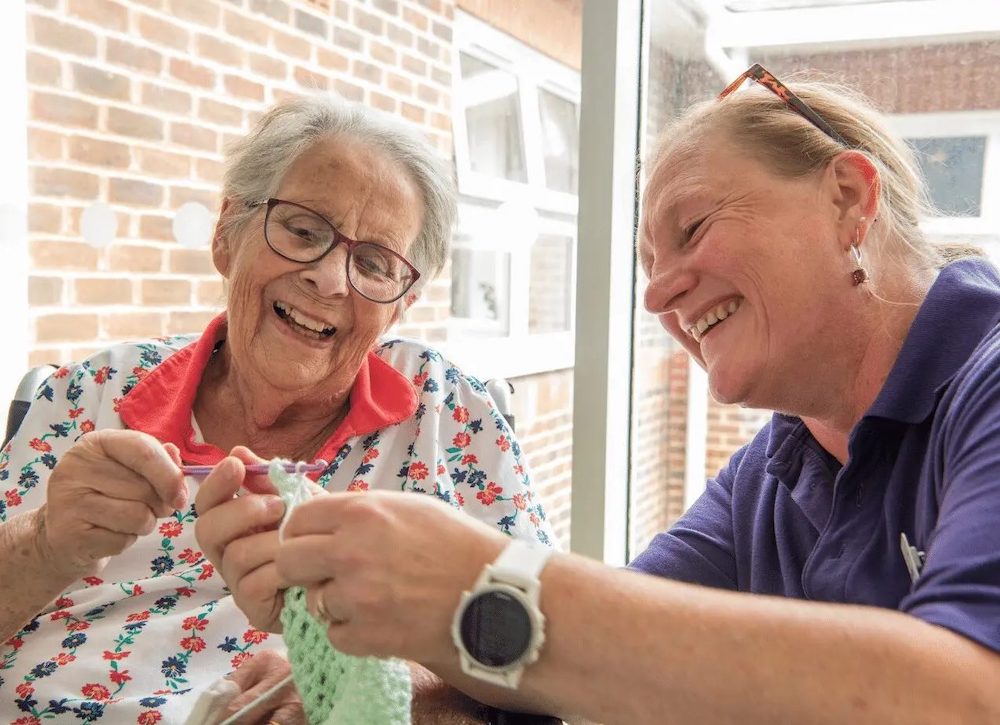The Facts About Making a Will
Making a will is the only way to make sure your money, property, possessions and investments (known as your estate) go to the people and causes you care about. Statistics vary, but recent research suggests that over 60% of people in the UK lack an up to date will. Here, we look at some of the common myths and misconceptions around making a will.
Your will is one of the most important things you will ever write. This is because it is your opportunity to look after your family and loved ones after your death. But there are many myths surrounding the subject. Not surprisingly, people often feel uncomfortable talking about it because it is perceived as ‘morbid’. When it comes to putting your affairs in order, it is a perfectly natural thing to do.
So let’s run through some of the myths about wills.
Here are ten of the most common misconceptions.
1. I’m too young to think about making a will. That’s just for old people.
The truth is none of us knows what might be around the corner. We may live to a fine old age, but nothing is guaranteed. Writing a will is a way of planning ahead. It also gives you the peace of mind to carry on enjoying your life with your loved ones, knowing you have made provision for their future.
2. Writing a will is really expensive and complicated.
Lots of people put off writing a will because they think it will be too costly. Actually, the cost of having one drawn up by a solicitor can range from £140 to £250 if your affairs are quite straightforward. You can buy a DIY Will-Writing kit for even less than this if you are confident that you won’t make any miscalculations or mistakes that might make it invalid. While it is true that having a professionally drawn-up will is more expensive than a DIY one, it does come with the peace of mind that there won’t be any further legal costs for your family.
3. I don’t need a will, I have nothing to leave.
Everybody has something to leave even if it’s not a financial fortune. Wills cover not just your finances, debts and possessions. They also cover what happens to your children. Also, you may have a workplace pension entitlement or a death in service benefit from your employer. You may have a life insurance policy. Even if you think all you have is a CD collection, your will makes sure this passes to your partner.
4. My loved ones will automatically inherit everything anyway.
This is not necessarily the case, and there are several different scenarios of which you should be aware.
- Married or civil partners only inherit under ‘intestacy’ rules (i.e. when there is no will) if you are actually married or in a civil partnership at the time of your death. So if you are divorced or your partnership has been legally ended, they will not inherit automatically.
- Co-habiting partners (also known as common law partners), who were neither married nor in a civil partnership, will not automatically receive anything if you do not have a will.
- If you have children, grandchildren or great-grandchildren, and your estate is valued at more than £250,000, and if you have no will, your partner will automatically inherit all your personal property and belongings, and the first £250,000 of your estate. They will then also receive half of the remaining estate.
5. Once I’ve written my will, I’ll never need to write another one.
If your circumstances change, your wishes about what happens to your estate after your death might also alter. It is important to keep your will updated rather than just put it away and forget about it. If you marry, divorce or remarry, you’ll need to make sure that any clauses referring to your spouse are updated. You’ll want to take care of children or remember grandchildren. Events in your life may lead you to want to remember a charity in your will. Often, you can make changes simply by writing an addendum to your will, known as a codicil. You’ll need to have this properly witnessed just like your original will.
Another way of maintaining flexibility is writing your will in such a way that gives discretion to your executors as to estate distribution via a letter of wishes which you can update as often as you like for no cost. Professional help would be needed to set this up initially.
6. My will can give instructions about my care if I lose mental capacity.
A will (‘Last Will and Testament’) only comes into force in the event of the person’s death. It cannot be used to give instructions about how you wish to be cared for, and whether or not you would like to receive any treatment at the end of your life. If you wish to make arrangements for a trusted person to make decisions on your behalf at a later stage, you should arrange for a ‘Living Will’ or a Lasting Power of Attorney (LPA) agreement to be drawn up by a solicitor. For more information on LPAs, see the Office of the Public Guardian website.
7. I have a Living Will, so I don’t need another one.
Following on from number 6 above, a Living Will, as its name suggests, only covers arrangements for the period of a person’s lifetime. Its instructions have no authority after that person’s death. The person you appoint as a Lasting Power of Attorney does not automatically become the executor of your wishes, unless they have also been appointed as such in a separate Last Will and Testament.
8. My debts will die with me.
Sadly, this is not the case. Any debts outstanding at the time of a person’s death still have to be repaid. The outstanding amounts are deducted from the person’s total estate before any inheritance is passed on or distributed among family members.
9. A will only refers to money.
One of the most commons myths about wills is that they only refer to money. A sum of money or a percentage of your estate is only one way of leaving a gift in your will. You may also choose to give instructions for particular objects. For example, an old piano or record collection can ensure that your love of music continues to bring great joy to others. A collection of books can inspire others for many years.
10. Only the very rich leave money to charity in their wills.
This couldn’t be further from the truth. In fact, most of the gifts received by UK charities through legacies come from people who have had quite normal, modest lifestyles. Charities like Brendoncare are extremely grateful for any donation, however large or small. It does not matter if your gift is restricted for a specific purpose or part of our services, or for us to put to use wherever it is most needed in our organisation. We will always ensure every penny makes a difference to the lives of older people.
Leaving a gift in your will to Brendoncare is a very special way of supporting the future needs of older people. Our website has some very useful links to our Legacy booklet and various other documents. These include a Codicil form, Pledge form and a handy Jargon Buster. While we are not able to give detailed legal advice, we can answer general questions and point you in the direction of professional advice. If you would like to talk to someone in confidence about making a will, please call our Fundraising team on 01962 852133.
